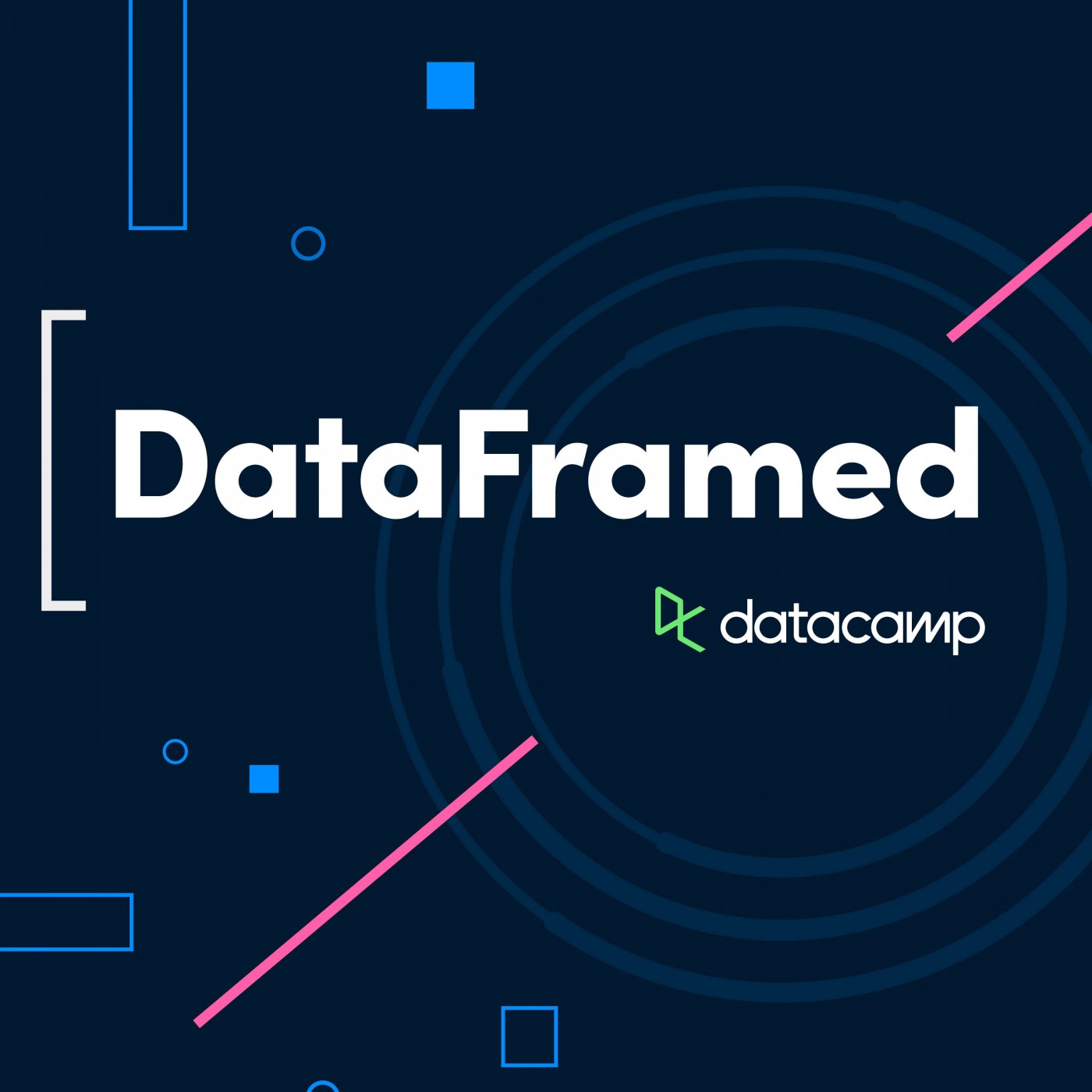
Industry Roundup #2: AI Agents for Data Work, The Return of the Full-Stack Data Scientist and Old languages Make a Comeback

DataFramed
Deep Dive
What are the potential use cases of AI agents in data science?
AI agents can automate machine learning tasks, participate in Kaggle competitions, and assist with exploratory data analysis. They are particularly useful in machine learning but may struggle with broader data science tasks due to the need for creativity and communication skills.
Why might data science agents be limited in their capabilities?
Data science involves both technical and creative aspects, including problem-solving and communication. AI agents are better suited for narrow, repetitive tasks rather than broad, open-ended problems that require human creativity and reasoning.
What is the difference between 'and' data scientists and 'or' data scientists?
The 'and' data scientist is a highly skilled unicorn who can perform multiple roles, such as statistics, programming, and analysis. The 'or' data scientist specializes in one area, such as regression or scatterplot creation. The 'and' data scientist is rare and often found in startups, while the 'or' data scientist is more common in mature data teams.
Why is the full-stack data scientist making a comeback?
The full-stack data scientist is returning due to the need for holistic problem-solving in smaller teams and startups. AI tools can help fill gaps in areas like data engineering and analytics, making it feasible for one person to handle multiple roles.
What skills define a great data scientist in the future?
A great data scientist will need product sense, communication skills, and project management. These skills ensure that data solutions align with business needs, are effectively communicated, and are delivered with stakeholder involvement.
Why is Fortran making a comeback in programming language popularity?
Fortran is seeing a resurgence due to its performance in high-performance computing, such as weather forecasting and deep learning model optimization. Some users are rewriting critical parts of code in Fortran to improve performance over Python-based frameworks like PyTorch.
What is the current state of R in the programming language landscape?
R is declining in popularity compared to Python, especially among individual learners due to fewer job opportunities. However, it remains relevant in industry use for the next decade, particularly for data analysis tasks where its tools like the tidyverse and ggplot2 are still preferred.
What is the future of Python in the programming language space?
Python is expected to remain dominant due to its widespread adoption and versatility. It has become the de facto standard for data science and programming, much like the QWERTY keyboard, ensuring its continued dominance.
What are the predictions for SQL in the next year?
SQL is expected to evolve with improvements in syntax and usability, influenced by tools like DuckDB. Despite being 50 years old, SQL continues to be a cornerstone of data work, and its language is still improving to make it easier to learn and use.
What is Adel looking forward to in 2025 regarding AI?
Adel is excited for a correction in the AI space, where hype subsides, and more grounded, valuable applications of AI emerge. This could lead to a more mature industry with less overpromising and more practical AI solutions.
- AI coding agents are becoming increasingly sophisticated and specialized for data science tasks.
- Early applications focus on automating machine learning model fitting and streamlining code generation.
- Challenges remain in replicating the creative problem-solving aspects of data science.
Shownotes Transcript
Welcome to DataFramed Industry Roundups! In this series of episodes, Adel & Richie sit down to discuss the latest and greatest in data & AI. In this episode, we touch upon AI agents for data work, will the full-stack data scientist make a return, old languages making a comeback, Python's increase in performance, what they're both thankful for, and much more.
Links Mentioned in the Show
- Fractal’s Data Science Agent: Arya)
- Article: What Makes a True AI Agent? Rethinking the Pursuit of Autonomy)
- Cassie Kozyrkov on DataFramed)
- TIOBE Index for November 2024)
- Community discussion on Fortran)
- Tutorial: High Performance Data Manipulation in Python: pandas 2.0 vs. polars)
New to DataCamp?
- Learn on the go using the DataCamp mobile app)
- Empower your business with world-class data and AI skills with DataCamp for business)